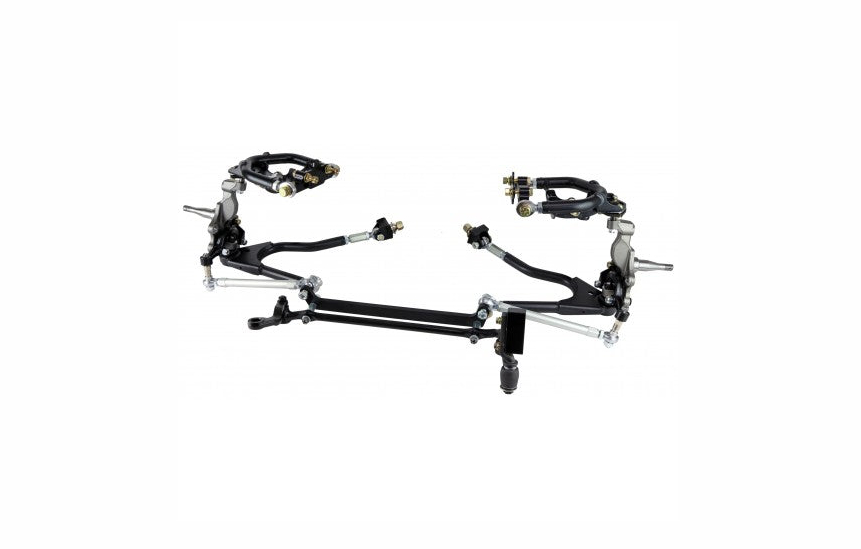Formula 1 is one of the top motorsports in the world, and this high-speed racing event offer up some equally exhilarating betting experiences. In order to become a successful F1 bettor, it’s crucial to understand the nuances of the sport. And this guide will reveal the main factors that can boost your betting strategy.
What are the key factors to consider when betting on F1 races?
Grid Position
Grid position (aka starting position) is a significant factor in F1 betting. The starting order is decided by qualifying results and being at the front often offers a huge advantage, especially on a circuit where it’s difficult to overtake. Historically, a large number of race winners have started near the front. So it’s crucial to take this into consideration when betting.
Tyres
Tyres are super important in F1 races. Teams can choose from different compounds (types of tyres), each with its own advantages and drawbacks. Generally, softer tyres give better grip but wear down quicker. On the other hand, harder tyres last longer but might not offer the same performance. In addition, knowing the tyre strategies for teams, like the number of pitstops, what tyres they use, and how teams use tyres in practice and past races, can provide insights into a team’s race plan and give you a betting edge.
Team Strategies
Even though most of the focus is on drivers, F1 is a team sport. So, bettors should never overlook team strategies, as these can significantly impact race outcomes. For instance, a team may have a particular way of doing pit stops, managing tyres, and putting in fuel. Some teams have a history of doing better in wet races or high-speed circuits than others. Paying attention to how teams plan and change their strategies during races can also help you make more accurate predictions.
Track Characteristics
Each F1 circuit is different. Some are made up of lots of long straights. Others have lots of high braking zones or medium-speed corners. A circuit like the Bahrain GP offers a layout with a mix of all these. You need to consider the kind of track in relation to the driver and car capabilities. For example, circuits with long straights may favour cars with higher top speeds, while tracks with many tight corners may benefit drivers with superior handling skills. Familiarising yourself with each track’s characteristics will significantly enhance your betting strategy.
Rule Changes
F1 regulations are subject to change, and new rules can really shake up the sport. Car design changes, tyre specifications, and race procedures may favour one team over another. So make sure to stay updated on rule changes in order to make the most informed wagers.
Weather
Weather conditions are one of the unforeseen circumstances that can drastically affect F1 races. Rain, in particular, can create unpredictable and challenging race environments, making the races tricky and affecting the outcomes. Excessive hot temperatures may have adverse effects as well. As a result, it is necessary to check weather conditions ahead of race weekends. Then, consider how the forecasts may impact driver performances since some drivers excel in wet conditions while others may struggle.
Why analysing past performances is important
Most of the betting strategies discussed above require you to look for patterns and tendencies from past races, such as drivers who consistently perform well at specific tracks or under certain conditions. The top F1 bookmakers that have been vetted and reviewed by Cheekypunter also utilise historical analysis when setting the odds. They perform extensive research combined with current season performance to determine who’s likely to be favourite or an underdog. In the same way, reviewing historical data can provide insight into future outcomes and help you place bets with the highest rate of success.
Betting on F1 may be exciting, but that’s only when you understand the sport and its many variables. By considering factors such as grid position, tyres, team strategies, track characteristics, weather, etc., you can develop a well-rounded betting strategy.







